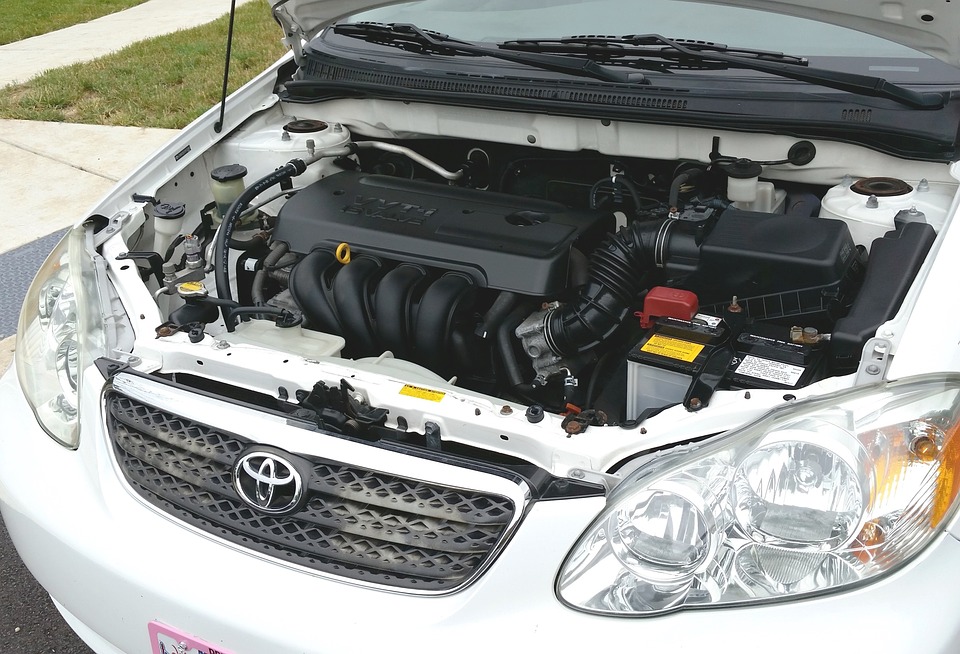We all know that car insurance is a legal requirement in the UK, and it’s reasonable to think that once you’ve bought your insurance you are covered if your vehicle is damaged or stolen, but sometimes it’s not quite so clear cut as that.
To help you make sure that your car insurance is valid and not lose out if you do get involved in an accident, we have put together 6 ways that you may be invalidating your insurance:
Not keeping your car in a roadworthy condition.
Warning lights on the dashboard flashing? Tyre tread looking a little worn? Don’t be tempted to forget about any problems with your car, because if your vehicle isn’t kept in a roadworthy condition you run the risk of your insurance becoming invalid.
A car that hasn’t been looked after could fail its MOT and having an MOT is a legal requirement to ensure that your vehicle meets roadworthiness requirements.
Remember, it is up to you to take all reasonable precautions to maintain your car and keep it in a roadworthy condition and protect it from damage or loss.
Failing to update your circumstances
Your insurance runs the risk of becoming invalidated if you fail to disclose any changes in your circumstances to your insurer. This can include if you’ve moved house, changed jobs, changed where you keep your car at night or your mileage.
It’s important that you are honest with your insurance provider and don’t bend the truth to try and save money on your premium, as it is a legal requirement to make a fair representation of risk to your insurer.
Commuting/Business use
If you’ve stated on your car insurance that you use your vehicle for ‘social, domestic and pleasure’ purposes only, but are involved in an accident on the way to or from work means that your insurance is now invalidated.
So if you’ve recently changed jobs and need to drive yourself to work, make sure you inform your insurer so that commuting use can be added to your insurance.
‘Commuting’ use only provides cover for travelling to or from a permanent place of work. You will have to take out ‘personal business use’ if you travel to various locations for work, if you were an area manager for example.
Modifications
Adding tinted windows, a body kit or a tuned up engine to your car? You must let your insurer know.
Changes to your car – whether they are cosmetic or for performance, can have an effect on how much insurance you’ll need to pay.
It’s vital that before you carry out any modification you contact your insurers as modifications to your car can affect how much premium you need to pay, and not doing so can invalidate your insurance void.
Not reporting an accident
No matter how big or small the accident, you must let your insurers know of any incidents that you are involved in.
Even if you do not wish to make a claim you should inform your insurance company as this will be a condition of your insurance policy, make it clear that you are only providing information and not a claim. Failure to do so could lead to your insurance company refusing to insure you in the future.
Leaving the car running
We’ve all been there, especially on cold winters mornings where the thought of scraping away a thick covering of ice from the windscreen really doesn’t appeal. All you have to do is turn the car on and stick the heaters on full blast whilst you go back inside and finish your breakfast.
However, your insurance providers will not look too favourably on this, as should your car be stolen from the drive whilst the keys are in or on the vehicle they will generally exclude loss or damage and refuse to pay your claim.
Of course this isn’t a definitive list, which is why reading your car insurance policy wording is so important!












